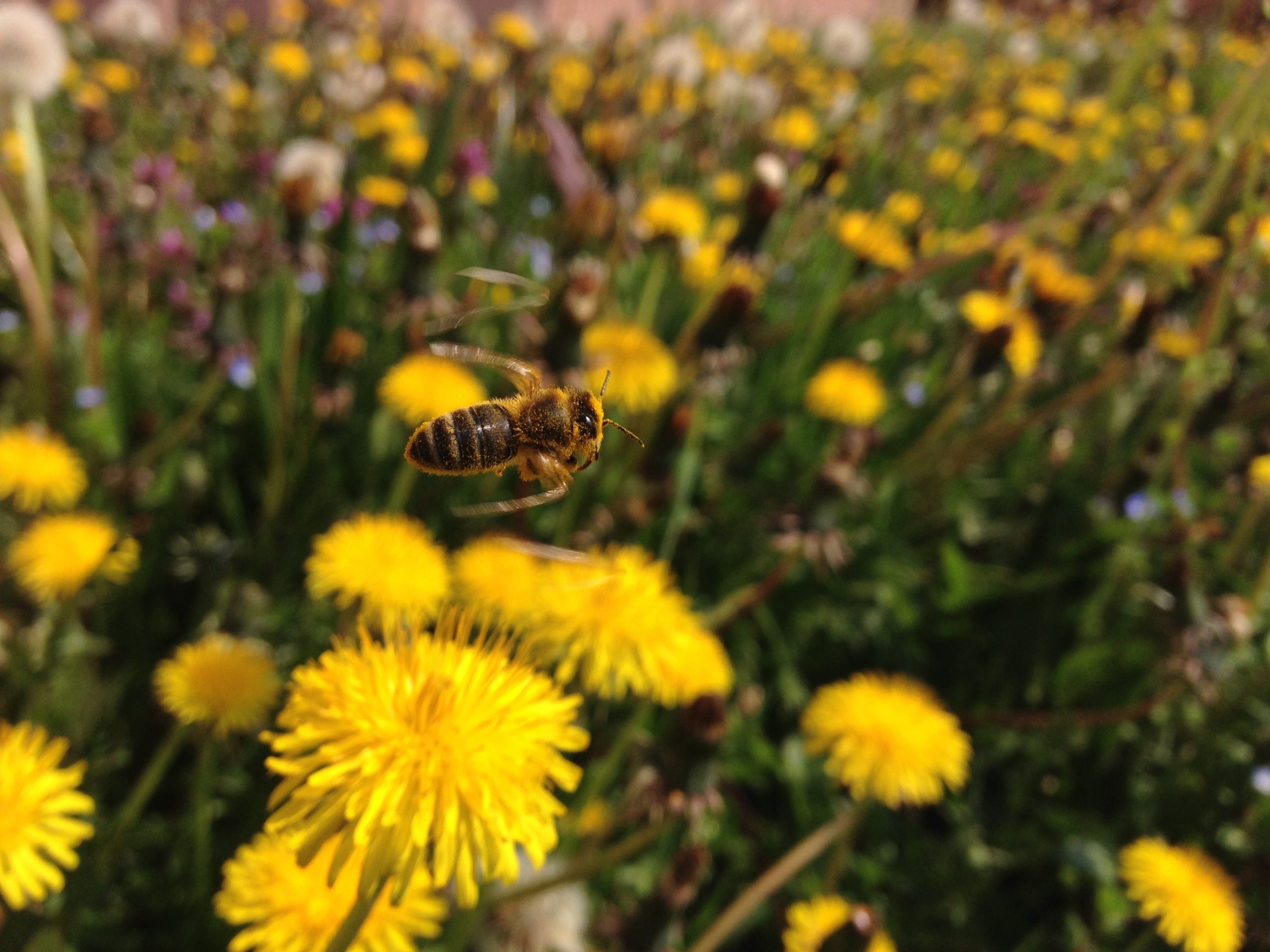Syrian Beekeeper flees to Denmark, Now Grows Urban Honey
May 06, 2016
With ISIS growing in the Middle East and becoming more dangerous every day, beekeeper Aref Haboo, who had 45 hives near the Turkish border, decided to flee Syria to find asylum for his wife and three children. Having to leave them behind temporarily, Aref fled through the desert, slept in cold abandoned warehouses, and spent nearly 35 hours in a truck cargo container. All he had was a passport, photographs, and the memory of his home country transformed—his village empty of people, no electricity, heat, or water, and the impossibility “to feel human,” by Aref’s words. “People used to set fire to their furniture in winter to keep warm. It was unbearable.”
After a hard two-month journey, Aref finally found asylum for himself and his family in Denmark, as well as a job at Bybi, an enterprise that uses bees to explore Copenhagen’s biodiversity and produces quality honey—something Aref knows well—with the involvement of disadvantaged persons. After starting as a language intern, Aref is now making honey and managing beehives on the roof of Copenhagen’s City Hall and in the Tivoli Gardens. Bybi founder Oliver Maxwell allegedly became inspired by the way honeybees all have a part to play in colonies, just as people do in society, and such beliefs guide Aref too he continues building a life for his family.
Now living in Denmark’s very different weather conditions, Aref has had the challenge of adapting to the many things he still has to learn about Denmark’s bees. In fact, when opened some of his hives for Danish journalists, it had actually been the first time he’d seen his honeybees in a while, since opening them in winter can cause the bees to die of cold shock. Even beyond the weather conditions, Aref faced differences like Danish bees having different looks, lifecycles, and behavior. “Danish bees are mild, but the Syrian ones are very aggressive,” Aref said, a likely perk of the colder weather.
Aref excitedly noted, “One of the most beautiful aspects of honey production is that you can’t determine how the final product will look and taste. That’s all up to the bees.” Rather than honey tasting the same due it coming from the same city, with new spots and blooming plants comes unique flavors. From wildflowers around train tracks, private gardens, parks, and inner-city balconies, Aref can taste differences from one neighborhood to the next and even when the honey was harvested. As one who’s raised honeybees all his life, the chance to learn has been great for Aref, even as he worries about his hives at home left under care of his friend (though Aref admits he hasn’t heard from this friend in six months and can only hope now).
After finding safety in Denmark, Aref does carry thoughts of returning home, but knows the chances of that as war rages on. “My family and I are getting more and more attached to Denmark,” he says. “Perhaps my children will soon consider Denmark as the country where they truly belong.” Even when burdened by saddening moods, Aref finds comfort in his bees, where he can “forget the war and the tarnished country [he] left behind.” And memories of a peaceful Syria automatically come flooding back.


.jpg)



